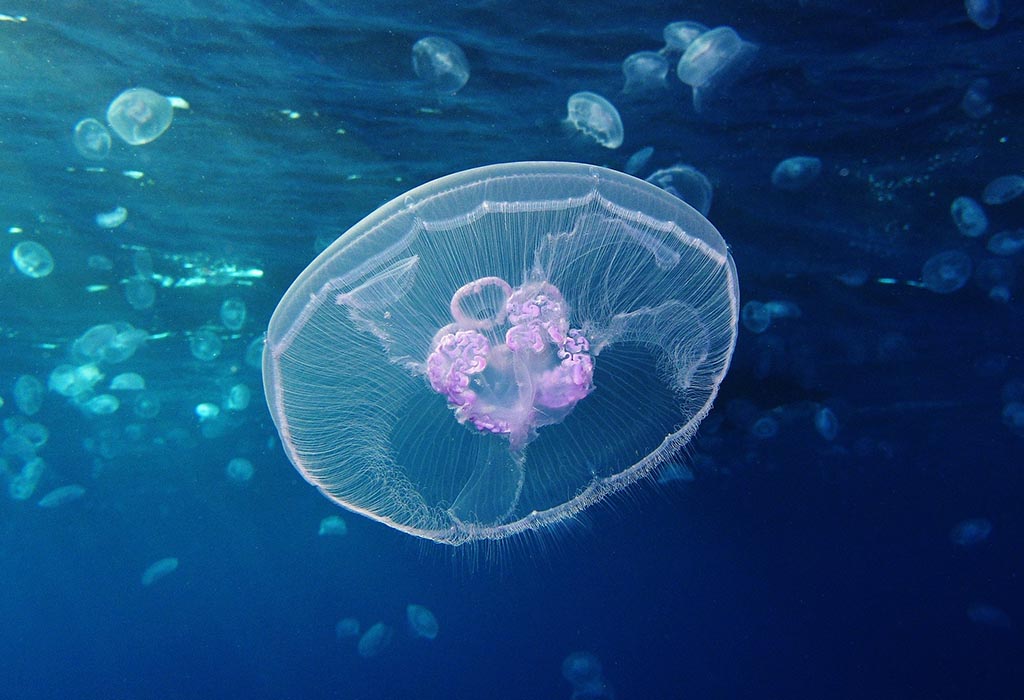My answer to evolution is reposted from here: https://christisking.cc/threads/orthodox-resources-against-pseudo-evolution.391/page-2#post-12689
I always find it very surprising how many people take evolution as a threat to their faith. It is indeed a dangerous heresy in this sense. However, logically speaking, no scientific theory can challenge God because He can do whatever He wants. He can create us with evolution, or some other mechanism. It doesn't really matter. He created man from dust, which could mean that the dust became the primordial soup that somehow became man. If evolution is true, then it doesn't mean God didn't create man, it just means God created evolution as the process to create man. Just because details are missing from the Bible doesn't mean the details aren't there.
That said, there are serious, secular problems with evolution. Believe it or not, evolution was not accepted by most learned men in Darwin's day because no one could present a working model of how it could work. It was decades later when Gregor Mendel's theory of genetics was discovered, which is a true working model to track phenotypical changes between generations of all lifeforms, and then people starting putting genetics with evolution as a working model, and that is what convinced millions.
However, most people have terrible reasoning and logic, because as explained above evolution does nothing to invalidate God or Genesis, but I think people subconsciously wanted a reason not to believe in God so they could indulge in their sins. Even if God created man through some primate ancestor, it still doesn't change the fact that God controlled evolution to create man. It doesn't mean that evolution can happen without God, as the random chance theory has such low odds of being true it takes infinitely more faith to believe we are here due to luck than purpose.
So on one hand, I cannot understand why people care about evolution, and yet on the other hand, because so many people have used evolution as an excuse to sin, I can see why Christians have come to hate it. I pray that people will someday become enlightened enough to understand human theories as nothing more than guesswork to the mechanisms of God's creation.
This is another trap I see everyone fall into. People constantly forget that time for God is nothing like time for humans. It says so right in Proverbs 90,
Lord, you have been our dwelling place[a]
in all generations.
2 Before the mountains were brought forth,
or ever you had formed the earth and the world,
from everlasting to everlasting you are God.
3 You return man to dust
and say, “Return, O children of man!”[b]
4 For a thousand years in your sight
are but as yesterday when it is past,
or as a watch in the night.
5 You sweep them away as with a flood; they are like a dream,
like grass that is renewed in the morning:
6 in the morning it flourishes and is renewed;
in the evening it fades and withers.
So a thousand years to God is like a day to us. This also logically means the opposite must be true, even one day to God can feel like a thousand years. Hence why the Apostle Paul said so.
Thus the 7 day creation story is no where near the kinds of days we picture. A day to God could be a trillion+ years. Time is totally mailable to the Lord and he plays with it the same way an artist can arrange colors on a canvass to form a picture.
Since God exists outside of time, it therefore follows there are no contradictions for God, because the law of non-contradiction states someone or something cannot be in two places at once, i.e. they cannot be in two places at the same time. Yet since God exists everywhere, independently of time, it therefore logically follows that there are no contradictions for God, and All things are possible with God, which is why Jesus taught so.
Hence it is impossible for any scientific theory to disprove God, since we can only disprove things with contradictions, which cannot exist for God as everything is possible for God. Therefore if mankind's scientific theories do not match up to the Bible, it is because our scientific theories are incomplete and do not (and probably never will) understand the extent and capabilities of God.
If people were perfectly logical, they'd understand this and there would be a lot less sin and apostasy in this world. But since they are not, they must be protected from complicated theories which serve to confuse and damn others. This is a fairly compelling argument against free speech, by the way - if men are unable to understand complex ideas on their own without risking themselves to damnation, it means it is necessary to provide them with some means to protect them from falsehoods. That 'something' is obviously the Church, who has always had sensible limits on public discourse to protect the foolhardy public from reaching erroneous and dangerous conclusions.
I respectfully disagree, I think theistic evolution has huge problems and implications. Death before the fall being a huge one.
This is a good article on the topic from Seraphim Hamilton, which I think may have already been posted on one of the threads here

